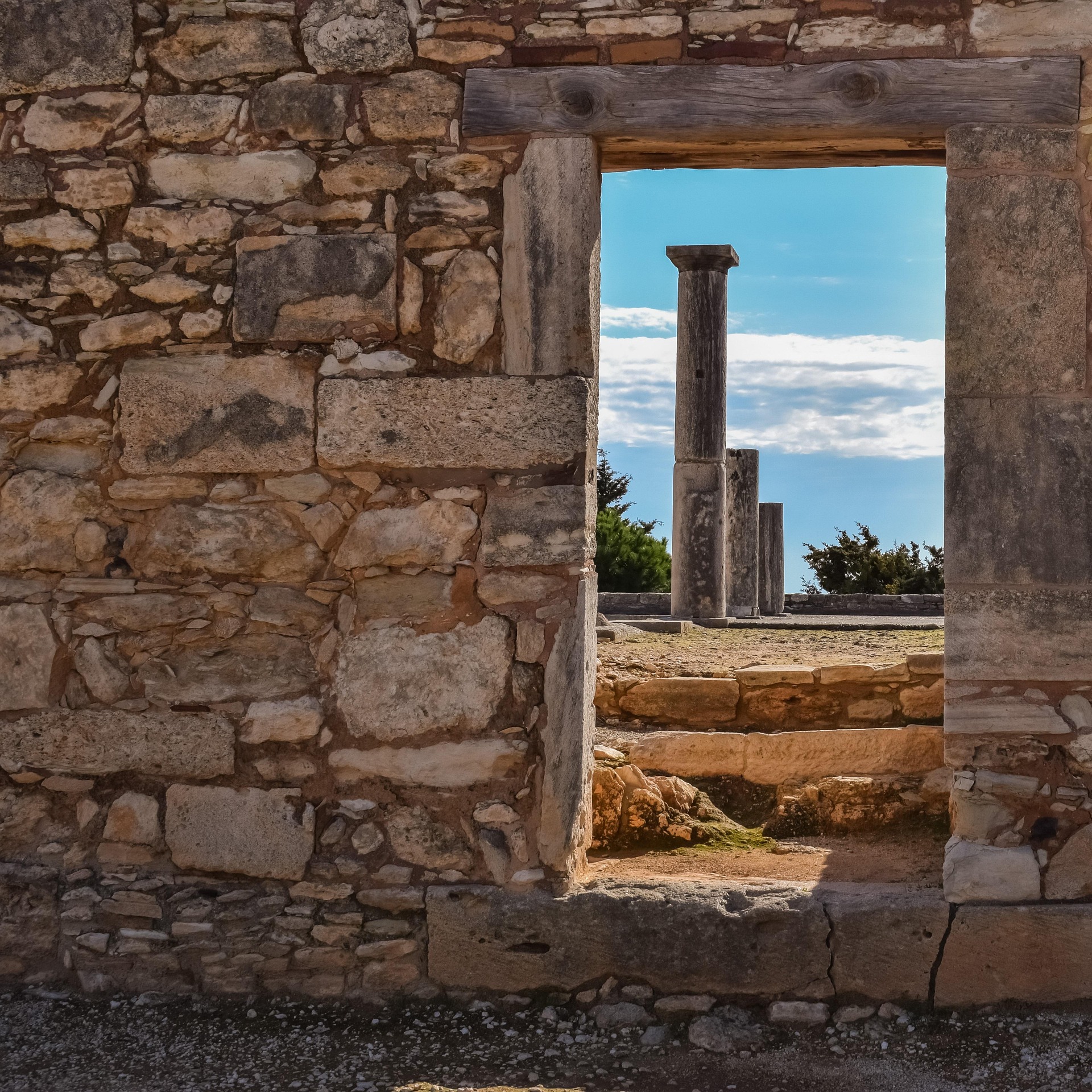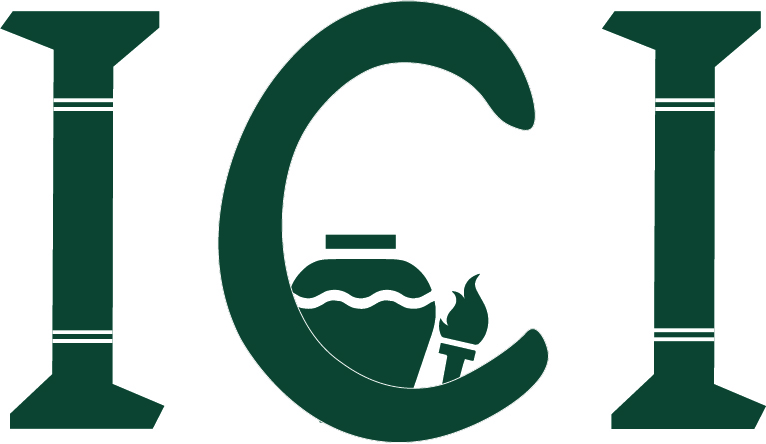Inclusive Classics
Initiative
The Inclusive Classics Initiative aims to question the place of Classics within global structures of inequality as well to contribute to the more equitable, diverse, and accessible study of the ancient Greek and Roman worlds.
The Inclusive Classics Initiative is supported by the Institute of Classical Studies and is co-ordinated by Dr Samuel Agbamu, Dr Tulsi Parikh and Dr Alexia Petsalis-Diomidis.
Inclusive Classics
Initiative
The Inclusive Classics Initiative aims to question the place of Classics within global structures of inequality as well to contribute to the more equitable, diverse, and accessible study of the ancient Greek and Roman worlds.
The Inclusive Classics Initiative is supported by the Institute of Classical Studies and is co-ordinated by Dr Samuel Agbamu, Dr Tulsi Parikh and Dr Alexia Petsalis-Diomidis.
Our Story & Vision
The Inclusive Classics Initiative, launched in 2020, organises events and offers a safe space for conversations to develop Classics into a more inclusive discipline. We aim to help create a discipline which can thrive in a twenty-first-century multicultural context, responsive to new audiences and open to new areas and techniques of research. The ICI foregrounds voices of people who have historically been and may now feel marginalised by reason of class, ethnicity, gender identity, disability or other protected characteristic. It also puts the spotlight on aspects of the ancient world and its reception and methodologies which traditionally have not been centred. The conferences and panels we have organised showcase the work of scholars and school teachers whose research and teaching actively develop inclusive approaches, stimulating debate and offering possible models for others. We make a point of revisiting projects over time for audiences to follow progress, for example, major collaborative research projects and initiatives to decolonise the curriculum.
A key aspect of the ICI is open conversations, eschewing polarising discourse. Our first three conferences have been free, online and international in scope. University students at all levels and secondary school pupils, as well as academics and teachers, have made presentations and joined the conversation. The format of the conferences has been designed for maximum inclusivity, with pre-circulated materials in a variety of media, a combination of longer and shorter interventions, and break-out groups. Our online events have convened hundreds of participants from dozens of countries, and although we expect to include some hybrid and in-person events in the future, we are committed to the inclusive aspects of the online format.
If you want to be added to the Inclusive Classics Initiative email list please get in touch with Samuel Agbamu (s.agbamu@reading.ac.uk) or Alexia Petsalis-Diomidis (aipd@st-andrews.ac.uk).
Our Priorities
Students as partners
To cast the relationship between lecturers and students as one of collaboration; students to be partners in the conversation, with ownership over their learning.
Collaboration with schools
To foster collaboration between universities and schools, building repositories for resources and research.
Access to collections
To obtain greater access to museum and archive collections, including online repositories.
Institutions rather than individuals
To ensure that institutions rather than individuals lead and embed inclusivity; and in particular not to allow the efforts at decolonisation to fall on the shoulders of the precariously employed.
Decentre Athens and Rome
To foreground Classical Reception and the history of scholarship in order to destabilise the canon and expose biases throughout history and in modern scholarship.
Decolonisation and diversification
To extend the activity of decolonisation and diversification beyond curriculum,
learning and assessment to terminology, methodology and analytical frameworks.

Our Priorities
Students as partners
To cast the relationship between lecturers and students as one of collaboration; students to be partners in the conversation, with ownership over their learning.
Collaboration with schools
To foster collaboration between universities and schools, building repositories for resources and research.
Access to collections
To obtain greater access to museum and archive collections, including online repositories.
Institutions rather than individuals
To ensure that institutions rather than individuals lead and embed inclusivity; and in particular not to allow the efforts at decolonisation to fall on the shoulders of the precariously employed.
Decentre Athens and Rome
To foreground Classical Reception and the history of scholarship in order to destabilise the canon and expose biases throughout history and in modern scholarship.
Decolonisation and diversification
To extend the activity of decolonisation and diversification beyond curriculum,learning and assessment to terminology, methodology and analytical frameworks.
